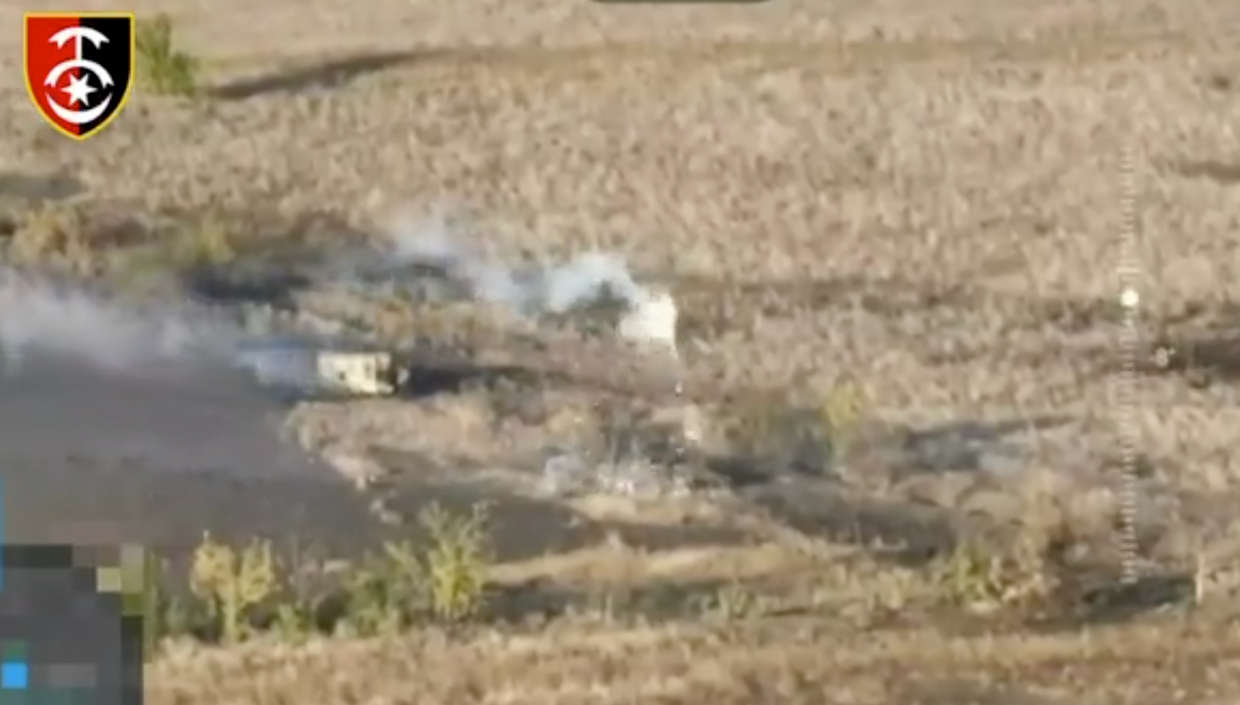6 North Korean officers killed in Ukrainian missile strike near Donetsk, media reports.
Six North Korean officers were among around 20 military personnel killed in a Ukrainian missile strike on Russian-occupied territory near Donetsk, Interfax-Ukraine reported on Oct.
4. Citing sources in Ukraine's military intelligence, the outlet said three other North Korean servicemen were wounded. The Kyiv Independent could not verify the reports.
Earlier on Oct.
4, Russian milbloggers had reported that North Korean military personnel were visiting the front lines as part of an "exchange of experience" programme, and were being shown how Moscow's forces prepared defensive positions and assault operation techniques. A Ukrainian missile then struck the group. Russian President Vladimir Putin and North Korean leader Kim Jong Un signed a strategic defense agreement between Moscow and Pyongyang on June 19.
As part of the alliance, the North Korean military announced that an engineer unit would join Russian forces on the ground in Donetsk Oblast the following month. In a press briefing on June 25, Pentagon spokesperson Pat Ryder said North Korean troops would become "cannon fodder" if they joined Russian forces on the battlefield in Ukraine. Moscow and Pyongyang have also been deepening ties in the area of weapons procurement.
Half of all the artillery shells used by Russia in Ukraine are supplied by North Korea, The Times reported on Oct.
4, citing Western intelligence sources. According to the newspaper, around 3 million a year are being shipped from Pyongyang to Moscow, though a large number are believed to be faulty. Despite this, The Times reports the sheer number of shells supplied have played a crucial role in Russia's grinding advances in eastern Ukraine, most recently the capture of Vuhledar in Donetsk Oblast earlier this week.
With Russian ammunition stocks running low due to extensive use in Ukraine, North Korea has been shaping up as Russia's leading outside weapons supplier.
Ukraine's 'dragon drones' are now reportedly destroying Russian tanks
Thermite weapons disperse thousands of tiny pieces of molten metal burning at temperatures that exceed 2,000 degrees Celsius, which means that it can melt through some armored vehicles.
